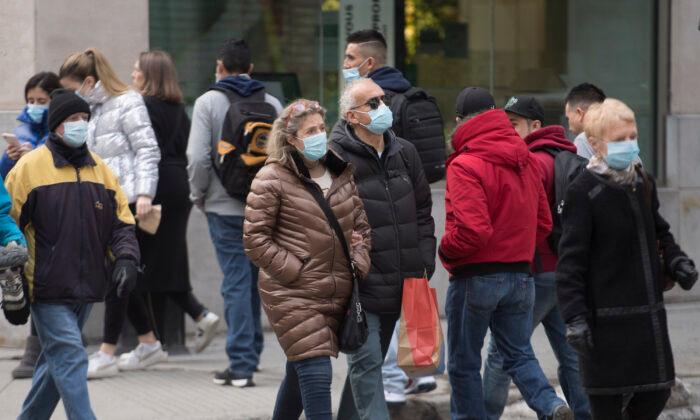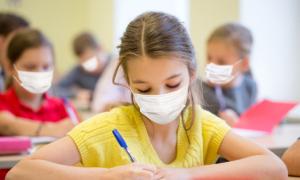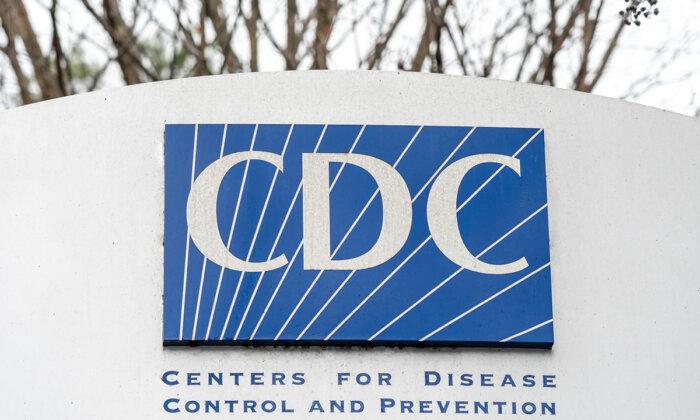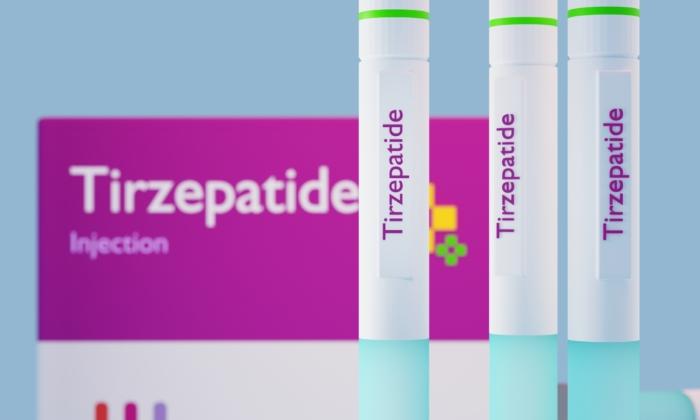Some have heralded masks as the gold standard of protective gear against COVID-19. However, they may be causing more problems than expected.
Researchers from South Korea measured the number and concentration of volatile organic compounds (VOC) emitted from several different masks, including cotton masks and KF94 masks—a popular type of disposable mask similar to the N95 mask.
Four types of VOCs were detected in KF94 masks at 22.9 times to 147 times higher concentrations compared with other masks made of fabrics such as cotton. The total number of VOC particles was 14 times that of cotton masks. In some KF94 masks, numbers reached a threshold high enough to pose a serious risk to human health.
VOCs are substances that have a high vapor pressure at room temperature, according to the Environmental Protection Agency (EPA). They often provide the odors that we notice. They exist naturally but also include manmade chemicals that can evaporate at room temperature and are often used and produced in the manufacture of paints, pharmaceuticals, and refrigerants, according to the EPA.
VOC Concentrations Worse at Certain Times and Temperatures
Researchers found that VOC concentrations fluctuated depending on environmental temperature and when the KF94 masks were removed from their packaging. When the temperature of the KF94 masks was raised to 104 degrees Fahrenheit (40 degrees Celsius), concentrations increased by 119 percent to 299 percent. The levels decreased by 80 percent 30 minutes after removing the masks from the packaging.Risks can be mitigated to reduce harm, according to the study authors.
“It is clear that particular attention must be paid to the VOCs associated with the use of KF94 masks [and their] effects on human health,” they wrote.
Other Toxins and Mask-Induced Exhaustion Syndrome
One 2022 study also highlighted toxic chemicals found in several masks and a long list of the possible consequences of covering up.Phthalates are widely used chemicals that disrupt human endocrine systems and impact human health. While phthalates are said to make masks more versatile and flexible, there’s a high price to pay when choosing comfort over safety.
- Decreased oxygen saturation.
- Decreased minute ventilation.
- Increased carbon dioxide in the blood.
- Increased heart rate, blood pressure, and skin temperature.
- Higher levels of discomfort.
- Shortness of breath.
- Headaches.
- Acne.
- Skin irritation.
- Dizziness.
The Return of Mask Mandates?
The decision to mask up is becoming a hot-button issue across the United States as the nation sees an uptick in COVID-19 cases, the arrival of the new EG.5 variant, and new mask mandates at some schools, hospitals, and companies.The Centers for Disease Control and Prevention (CDC) recommends masks in indoor public transportation settings. The agency suggests that people make decisions based on the level of COVID-19 hospital admissions in their county. The CDC also recommends mask-wearing by older adults, the immunocompromised, and anyone more likely to get severely sick from COVID-19.








